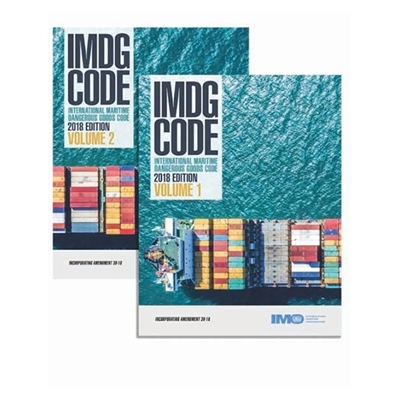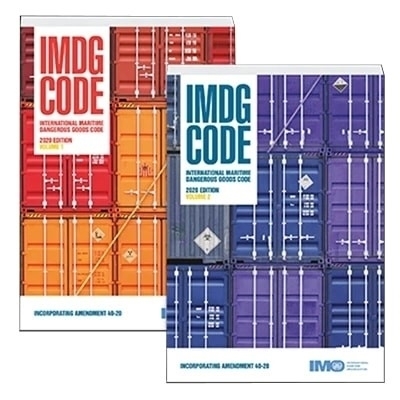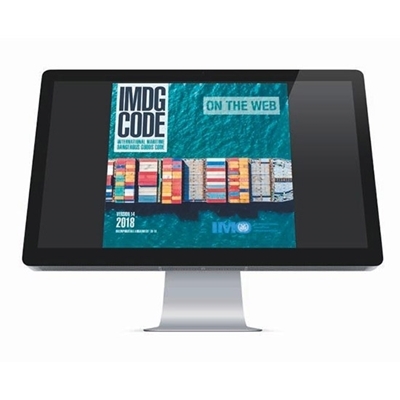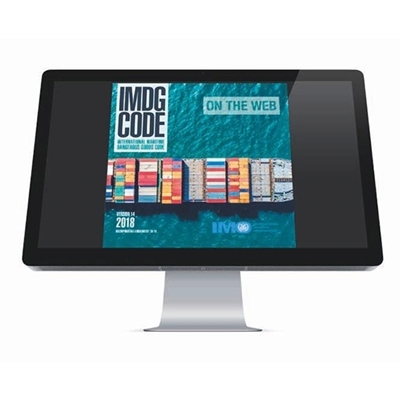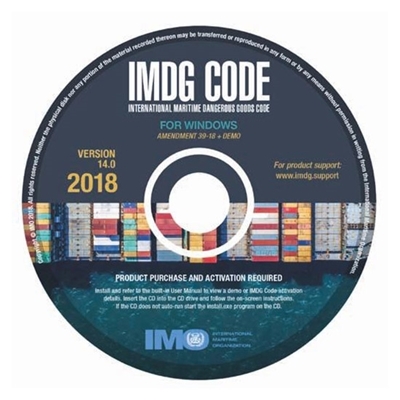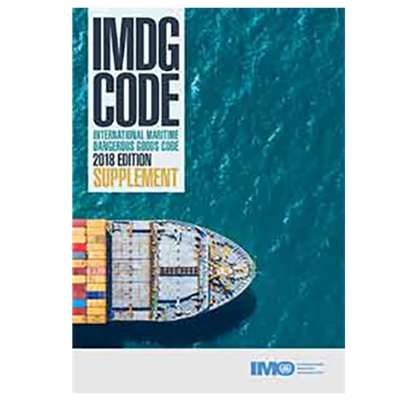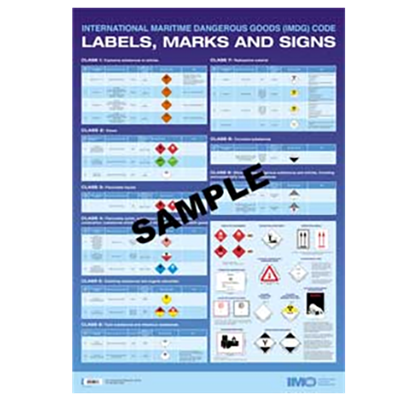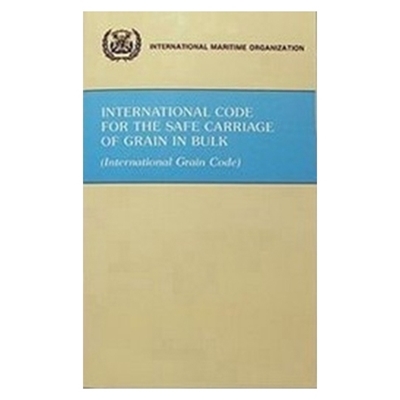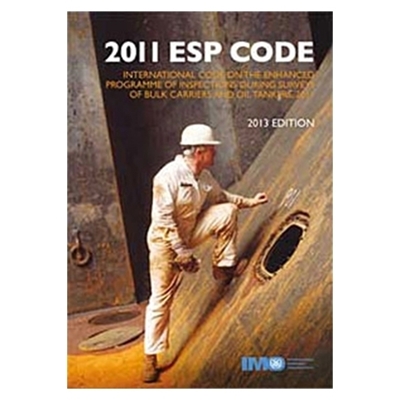Close
- Cartas e Publicações
-
Indústria Naval

-
Náutica

-
Indústria Terrestre

-
Equipamentos p/ portos
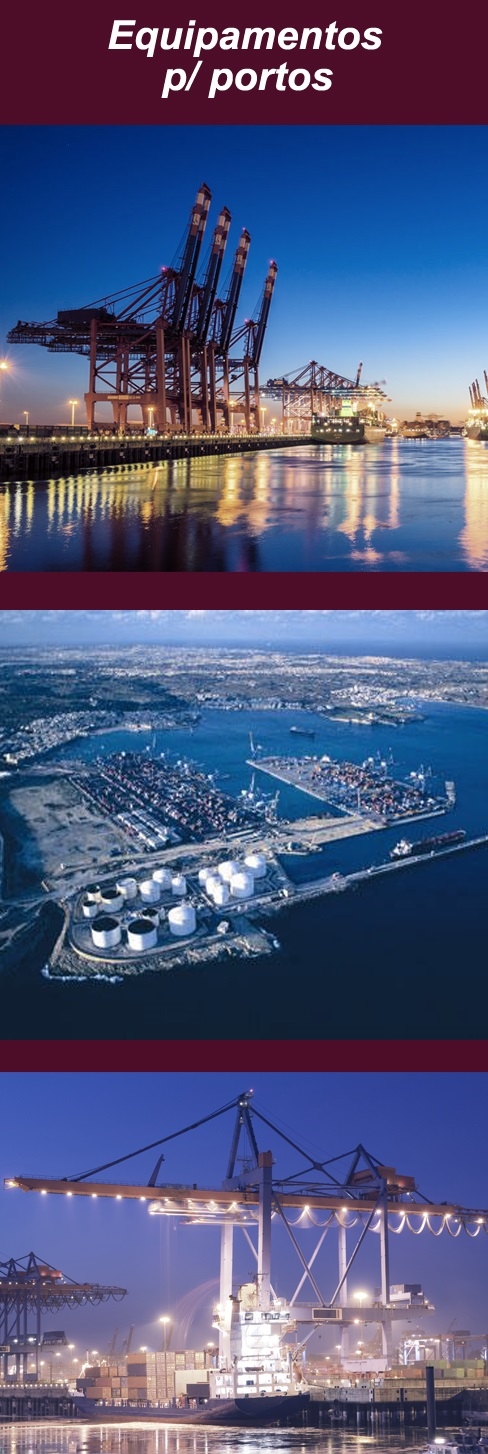
- Proteção Covid-19
- Sobre Nós
- Novidades
- Marcas
- Contactos
- Serviços
- Catálogos
Menu
(0)
items
You have no items in your shopping cart.
Catálogo
Menu
Carrinho de Compras
Filters
Personal menu
Preferencias
Procurar
- Home /
- Cartas e Publicações /
- Publicações /
- IMO /
- Cargoes /
- IMSBC Code and Supplement, 2018 Edition
Produtos Relacionados
-
IMDG Code, 2018 Edition (inc. Amdt 39-18) 2 volumes
Solicitar Preço -
IMDG Code, 2020 Edition (inc. Amdt 40-20) 2 volumes
Solicitar Preço -
IMDG Code Download
Solicitar Preço -
IMDG Code on the Web
Solicitar Preço -
IMDG Code for Windows, Version 14 (2018)
Solicitar Preço -
IMDG Code Supplement, 2018 Edition
Solicitar Preço -
IMSBC Code and Supplement, 2020 Edition
Solicitar Preço -
Poster: IMDG Code Labels, Marks and Signs (2018 Edition)
Solicitar Preço -
International Grain Code, 1991 Edition
Solicitar Preço -
2011 ESP Code, 2013 Edition
Solicitar Preço
Apoio ao Cliente
Área Reservada
Contactos
- Praceta Augusto Dias Silva, 94 2B 2785-521 Sao Domingos de Rana
- info@jgarraio.pt
- Tel.: +351 213 473 081

Copyright © 2024 JGARRAIO. Todos os direitos reservados.
As fotos apresentadas podem não corresponder as configurações descritas.
Preços e especificações sujeitos a alteração sem aviso prévio.
A J. Garraio declina qualquer responsabilidade por eventuais erros publicados no site.
As fotos apresentadas podem não corresponder as configurações descritas.
Preços e especificações sujeitos a alteração sem aviso prévio.
A J. Garraio declina qualquer responsabilidade por eventuais erros publicados no site.
Todos os preços incluem IVA. Exclui o valor dos portes de envio.
Powered by nopCommerce
Desenvolvido pela Agência PRIMEWAY - Plataformas Digitais • Design • Marketing Digital
